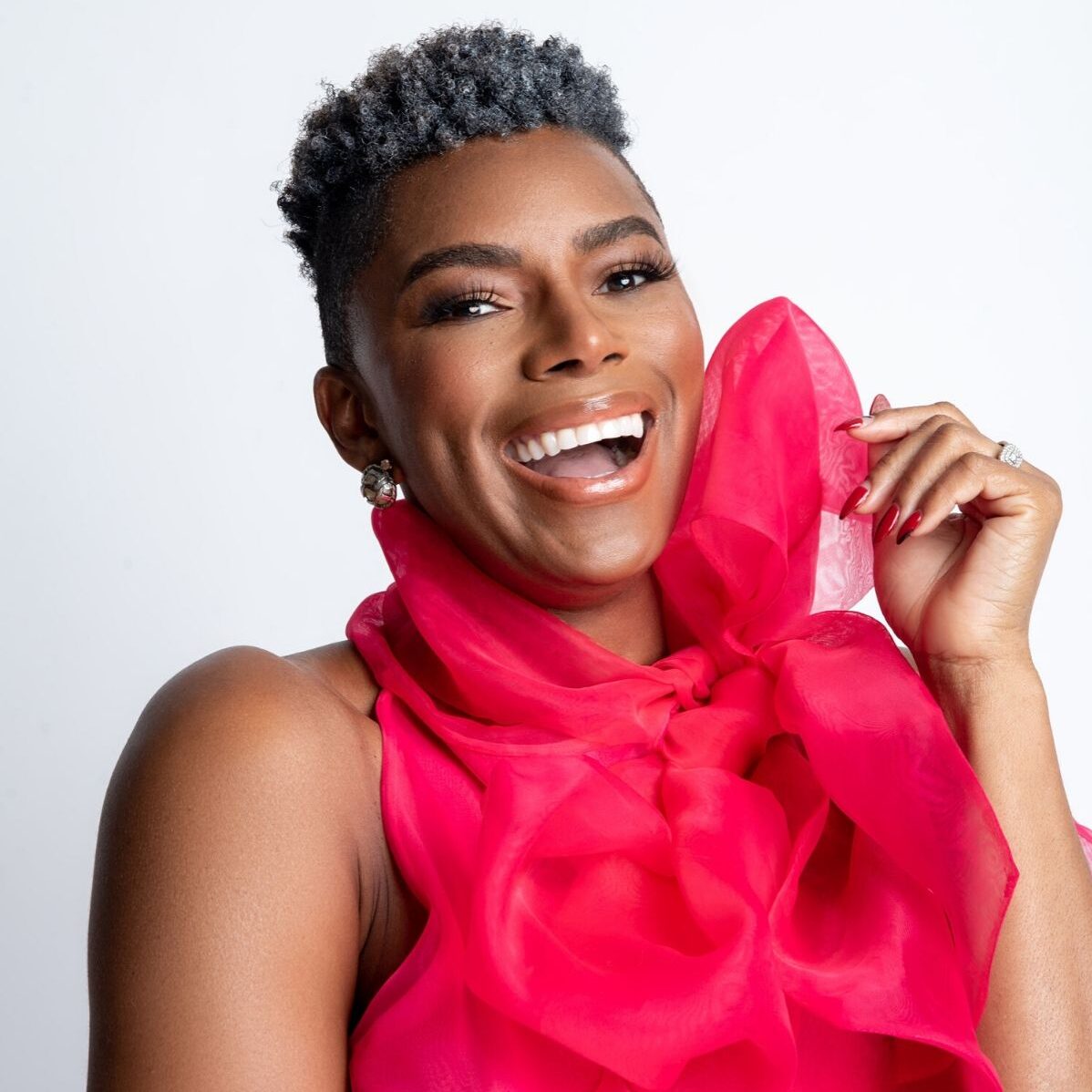3 Lessons Learned From Emotional Burnout Last Year
Karlyn Percil is the CEO of KDPM Consulting Group and the founder of SisterTalk Global — a diverse women’s network.

First off, let me say that I’ve had enough of performing, perfecting, proving and pleasing. They’ve all been UN-invited to my 2020 New Year, Better Me party.
Problem is, they have a tendency to show up uninvited — especially in my field of work as an Inclusion Strategist, Neuro-Life and Emotional Intelligence Coach. Helping organizations have braver conversations around inclusive workspaces, deconstructing heavy and uncomfortable “elephants” like internalized racism, white privilege, microaggressions, and microinvalidations, is at the core of what we do.
There are days I get home and ask myself: “Did you just spend the day proving why you and racialized people should have a right to equitable workspaces?”
These are the days I wish I didn’t have to prove to the masses that when you speak about gender without adding race, most of the conversation, solutions, speakers or stats being shared will reflect only white women, and will most likely only benefit white women as well.
And while the research shows that racial discrimination is a common experience in Canada, it seems that many do forget that Black, Indigenous, and Women of Colour (BIWOC) face an emotional tax daily in the workplace. As an entrepreneur, I wish I could say that the entrepreneurial journey is different — but it’s not.
Proving is where I burned out. Proving that emotional tax is real, and that Women of Colour experience this on top of racism and sexism. Proving that representation has to be more than a hashtag or a communication strategy, and that the most underrepresented should be prioritized. Proving that inclusion begins with I (the individual) and must start from the top to trickle down to workplace culture. These are the lessons my burnout taught me:
LESSON # 1: Setting emotional boundaries is a holistic process
Lack of emotional boundaries at work led to me deprioritizing my needs in the pursuit of doing what matters to me the most. Reflecting back, I did take things personally at a huge International Women’s Day event last year, where the lack of diversity on and off stage was glaring. Or when conferences I attended did not bother to have diverse speakers, quote stats, or address the “elephant in the room” — that Black, Indigenous, self-identifying women of colour are the most underrepresented when talking about women’s advancement. I learned that I need to check in with my emotional bank account and determine whether I have the bandwidth to attend that event, comment, or leave if I didn’t feel welcome.
There are so many brilliant leaders representing with excellence and we know that representation matters — you can’t be what you can’t see.
LESSON # 2: Emotional burnout blocks your superpowers (AKA, your intuition)
Emotional burnout is exhausting. It amplifies stress-like symptoms and so can feel “normal”. Performing, perfecting, pleasing and proving can rob us of our greatest wins and our ability to make better decisions, leading to disconnection from our authentic selves and our intuition. Am I surprised that I ended the year with a flu that lasted for almost a month? Not at all.
LESSON # 3: Burnout is an entry point to braver conversations at work, home and in life
In my work, we remind our clients that wellness is a leadership strategy — but I forgot to put on my own oxygen mask in this case. This burnout gave me an opportunity to reflect on my activities, how I chose to respond and interact in spaces where I didn’t feel safe or welcomed, and revisit what my life would look like in 2020 & beyond. This led to braver conversations in my business, teams, marriage, family, friendships, and my inner self. I had to re-prioritize my needs and face my truth: Who did I want to become?
This is why I am excited to tell more stories about Black women and women of colour in 2020. Last year, we worked with an amazing group of women on the soft launch of AmplifyHer — a self-funded, grassroots movement that is designed to amplify the voices of Black, Indigenous and self-identifying women of colour. There are so many brilliant leaders representing with excellence and we know that representation matters — you can’t be what you can’t see. This year, we’re partnering with Women of Influence, using their platform to share the stories wider, and we’re looking to grow with other like-minded organizations.
I hope my lessons offer some insight, or remind you to set boundaries in your life. Everything we go through is designed to help us grow to our next leadership opportunity — be it at work or at home. Truly everything is designed to help us get closer to realizing our full potential.
